Lazio vs Parma: Football Put on Hold After Pope Francis’ Death
The Serie A season just took a dramatic turn nobody expected. With the news of Pope Francis’ passing spreading through Italy, football fixtures across the country ground to a halt. The Lazio vs Parma match, set for Saturday, April 26, found itself abruptly yanked from the schedule. It wasn’t just any postponement—this called for a national pause.
The Vatican had barely announced the Pope’s death on April 21 when Italy’s Minister for Civil Protection, Nello Musumeci, stepped up to confirm: games weren’t going ahead. The country was about to say goodbye to a religious giant, and the ripple effect hit the heart of Italian football. Suddenly, teams, fans, broadcasters, and the league had to react.
But Lazio weren’t alone. The fixture backlog grew fast. Three other matches, including cover heavyweights like Inter Milan vs Roma and Como vs Genoa, were suspended as Italy cleared the decks for national mourning. The chaos didn’t stop there; there was already uncertainty hanging over Lazio after their Easter Monday showdown against Genoa got moved at the last minute. That game, originally set for April 21, was pushed to April 23. Players and coaching staff barely had time to process the shuffle before learning the next match would be disrupted too.
Frustration Grows Amid Ongoing Schedule Chaos
For Lazio, the timing couldn’t have been worse. On their way home from Genoa after a rescheduled fixture, news broke mid-journey about Parma. The players, still recovering from one abrupt change, were met with more confusion. It’s no secret that quick rescheduling in Serie A can lead to headaches. Teams must reorganize travel, shift training dates, and handle fan expectations—all while keeping their eye on the league table and European hopes.
Parma, too, were thrown into uncertainty. Preparing for a match that no one could confirm, staff and players suddenly found themselves in limbo. Rescheduling such high-profile matches isn’t a simple matter of picking a free date; it’s a logistical challenge involving security, stadium availability, and even TV rights negotiations.
The current plan, though not officially cemented, points to Monday, April 28, as the tentative new date for these postponed fixtures. With Italy focused on the funeral and its massive security operation in Rome, football takes a back seat—for now. There’s unease, but there’s also a sense of perspective. Sport sometimes has to move aside when history is being made.
All eyes now turn to the league’s next announcement. Clubs, players, and fans want clarity. Everyone from broadcasters to hospitality teams stands by for news. For the Serie A calendar, this is a rare and sobering pause—a reminder that sometimes, the world’s biggest sports have to wait for reasons far bigger than the game.
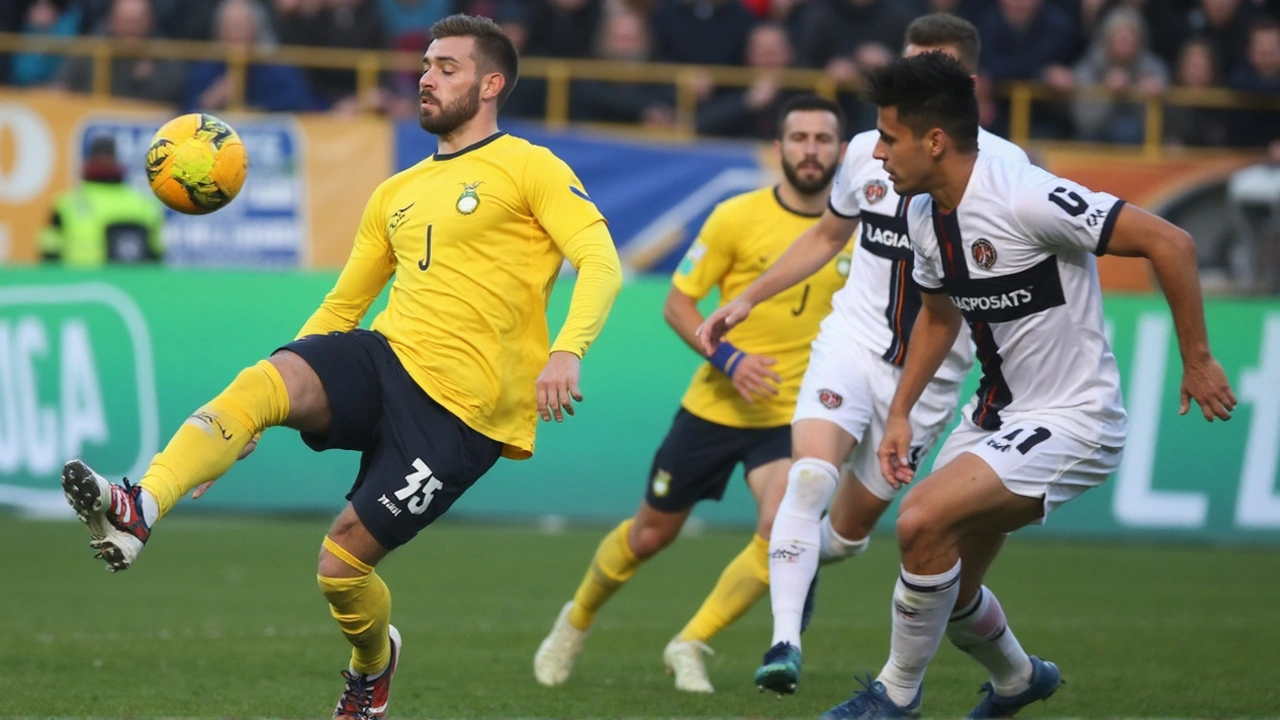
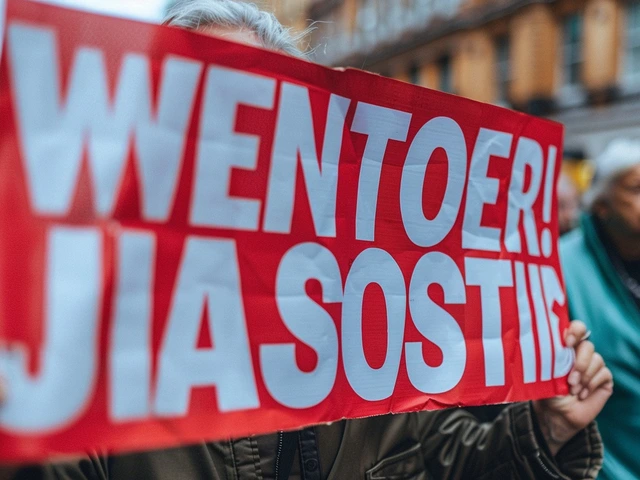
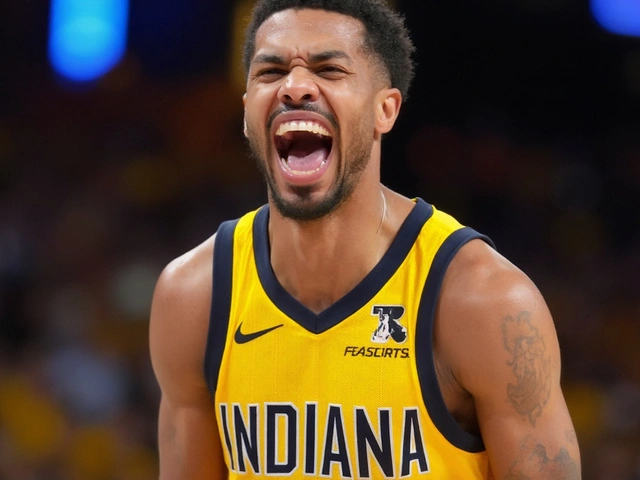

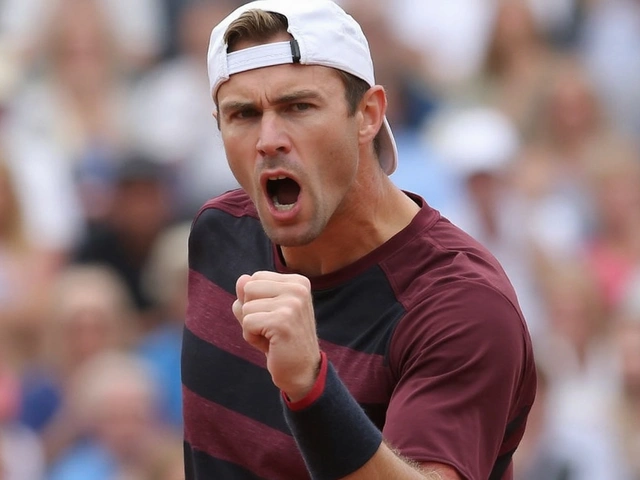
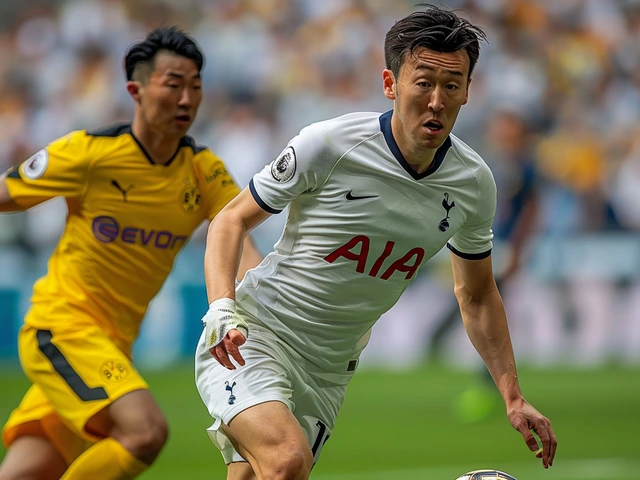
Minal Chavan
April 29, 2025 AT 17:46The nation’s grief rightfully eclipses sport.
Rajesh Soni
April 30, 2025 AT 21:40So the Serie A calendar gets a surprise API call from the Vatican, huh?
It’s like the league’s dependency graph just threw a hard exception.
Teams will need to refactor their travel itineraries faster than a dev can push a hotfix.
Meanwhile fans are left buffering on the emotional bandwidth.
At least the postponement gives the analysts something to model.
Nanda Dyah
May 2, 2025 AT 01:33In accordance with established protocols observed during national periods of mourning, it is appropriate that all non-essential public entertainments be temporarily suspended.
Historical precedent demonstrates that such measures foster collective solidarity.
The administrative implications for fixture scheduling are substantial, necessitating coordinated adjustments among clubs, broadcasters, and security services.
Consequently, the league’s operational framework must accommodate these extraordinary circumstances.
vikas duhun
May 3, 2025 AT 05:26Can you feel the drama?
One minute you’re packing your bags for a match, the next you’re staring at a national funeral livestream.
The chaos is practically cinematic, a real‑life thriller that even Netflix would envy.
Clubs are scrambling like chefs without a recipe, and fans are left clutching their scarves, wondering when the next showdown will happen.
This isn’t just a schedule hiccup; it’s a full‑blown saga.
Let’s hope the league can write a satisfying ending.
Nathan Rodan
May 4, 2025 AT 09:20It’s truly a testament to the resilience of Italian football that, despite such unprecedented upheaval, clubs continue to demonstrate professionalism and adaptability.
While the logistical hurdles are undeniably complex, the collaborative spirit among stakeholders shines through.
We’ll see how the calendar reshapes itself in the coming weeks.
KABIR SETHI
May 5, 2025 AT 13:13Honestly, the league should have a contingency module pre‑wired into their system.
It feels like they’re improvising on the fly.
rudal rajbhar
May 6, 2025 AT 17:06From a philosophical standpoint, the pause underscores the transience of sport compared to the enduring impact of a global spiritual leader.
It forces us to confront the hierarchy of human experience: worship precedes competition.
Nevertheless, the athletes’ dedication remains a microcosm of perseverance.
The league’s response will be a litmus test for institutional empathy.
Let’s observe how balance is restored.
tanay bole
May 7, 2025 AT 21:00The administrative side will need to synchronize the new dates across multiple platforms promptly.
Stakeholders should be kept informed to avoid further confusion.
Liz Lessner
May 9, 2025 AT 00:53its really sad but also kinda understandable.
Chance Remien
May 10, 2025 AT 04:46The intersection of cultural reverence and sporting schedules is a delicate matter.
Maintaining clear communication will be essential moving forward.
Arjun Dode
May 11, 2025 AT 08:40Yo, this whole thing is wild!
Teams are probably doing mental reps instead of physical ones right now.
Let’s keep the hype alive for when the games finally roll back out.
Stay pumped, everyone!
Anna Lee
May 12, 2025 AT 12:33Wow!!! Such a massive shift in the calendar, huh?
It really puts things into perspective, doesn’t it?
Hope everyone finds a moment of peace amidst all this.
Mayank Mishra
May 13, 2025 AT 16:26It is impossible to overstate the symbolic weight of halting a beloved national pastime in response to the passing of a global religious figure; the decision reverberates far beyond the realm of sport, touching on collective identity, societal values, and the intricate balance between secular entertainment and spiritual reverence.
First, the immediate logistical impact on clubs like Lazio and Parma cannot be dismissed: travel arrangements must be renegotiated, training cycles disrupted, and ticket holders left in a limbo of uncertainty that threatens revenue streams and fan morale.
Second, broadcasters and sponsors, who have already allocated marketing budgets and airtime slots, now face contractual headaches that may necessitate costly amendments or deferrals.
Third, the psychological effect on players-already coping with a packed schedule-adds an additional layer of mental strain, as they are forced to recalibrate focus from competitive preparation to processing a national mourning.
Fourth, the broader cultural narrative emerges: Italy, a country where football is practically a religion, must now reconcile two forms of devotion, acknowledging that the papacy holds a singular place in the national consciousness.
Fifth, the league’s governance rests on its ability to demonstrate empathy while maintaining structural integrity, a delicate dance that will be scrutinized by media and the public alike.
Sixth, security considerations shift dramatically; the massive funeral events in Rome will dominate police resources, leaving fewer personnel for matchday safety, which could compel the federation to postpone beyond the initially suggested date.
Seventh, fan communities, especially those who travel long distances, must adjust personal plans, potentially incurring financial loss and emotional disappointment-a factor that clubs should address through refunds or future incentives.
Eighth, this pause offers a rare moment for reflection on the role of sport in society: is it merely entertainment, or does it serve a deeper purpose in uniting people during times of collective grief?
Ninth, from a historical perspective, such interruptions are seldom, making this a notable entry in the annals of Serie A.
Tenth, the sparse schedule ahead will become even more congested, raising concerns about player fatigue and injury risk once fixtures resume.
Eleventh, the media narrative will likely oscillate between tributes to the Pope and critiques of the league’s responsiveness, creating a complex storyline.
Twelfth, the eventual rescheduling-perhaps on April 28-must be communicated with precision to avoid further confusion, underscoring the importance of transparent governance.
Thirteenth, the lesson learned may influence future contingency planning, prompting leagues worldwide to embed more robust crisis-management protocols.
Fourteenth, fans will ultimately judge the league by how respectfully and efficiently it navigates this unprecedented period.
Fifteenth, in the end, sport will resume, but the memory of this pause will linger as a testament to the profound influence of a single individual on an entire nation’s cultural fabric.
Sixteenth, may the collective pause bring a moment of peace and unity for all involved.